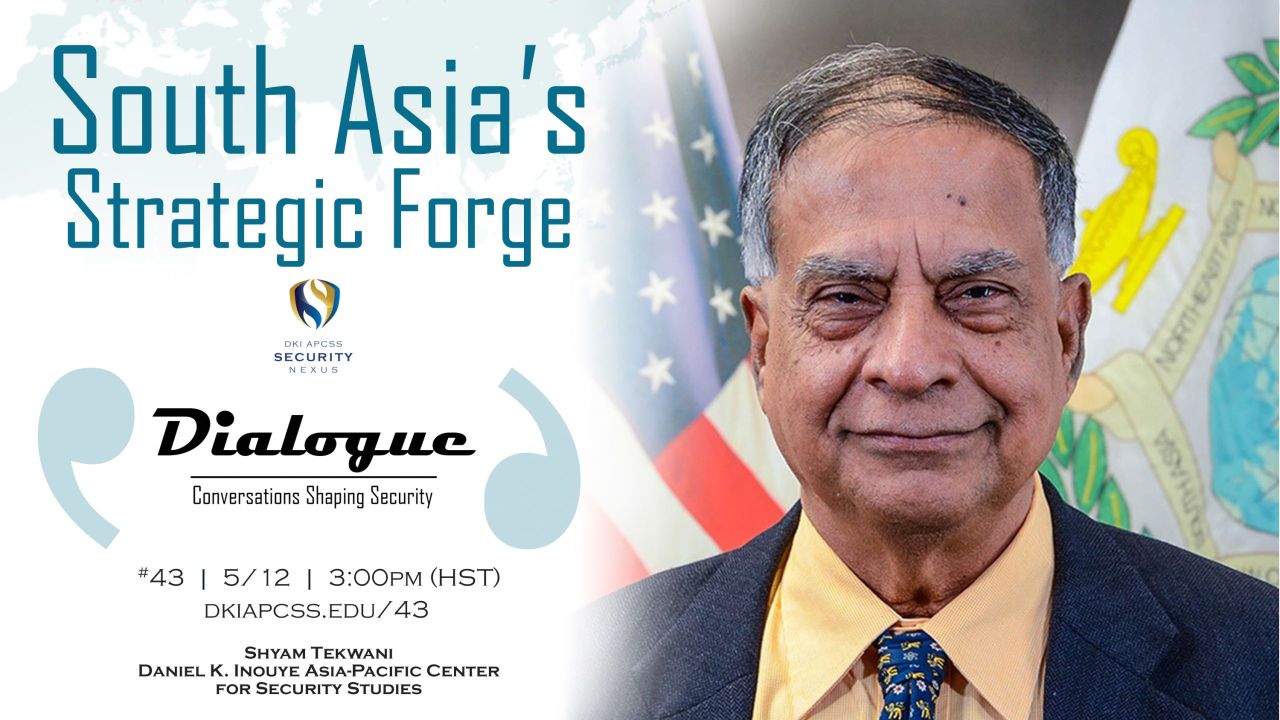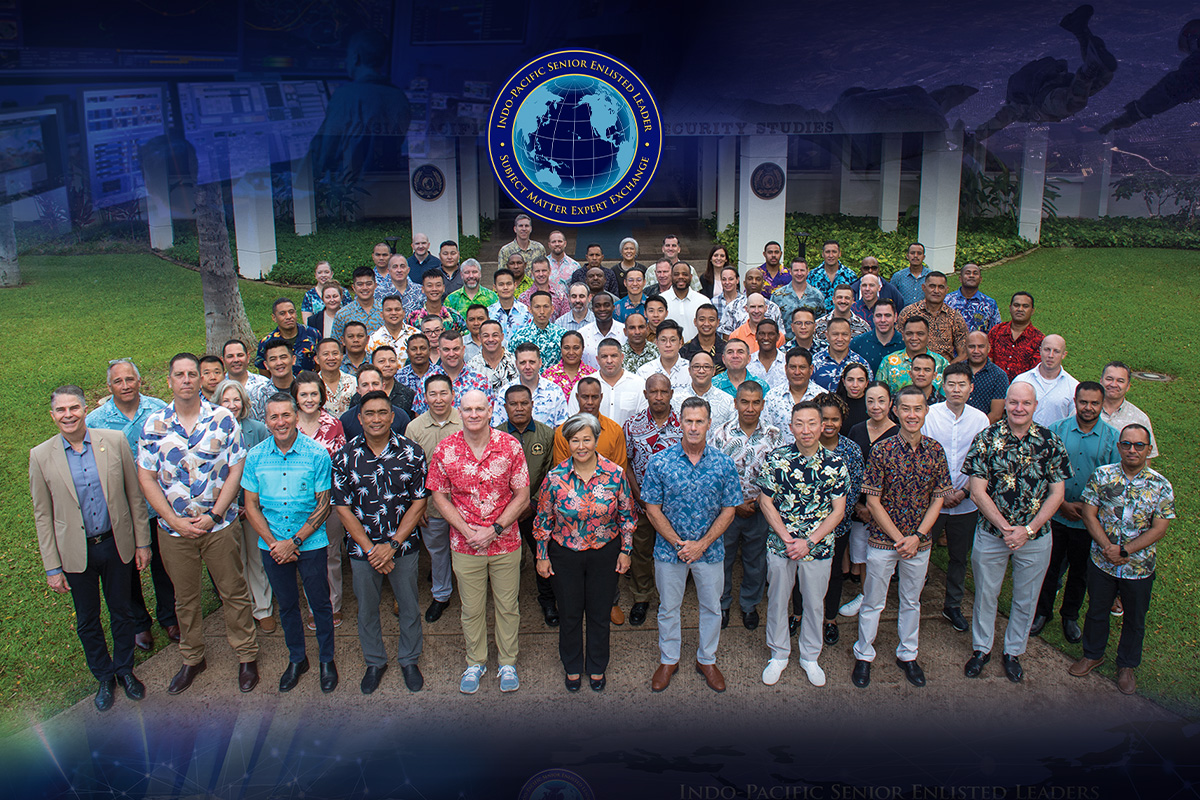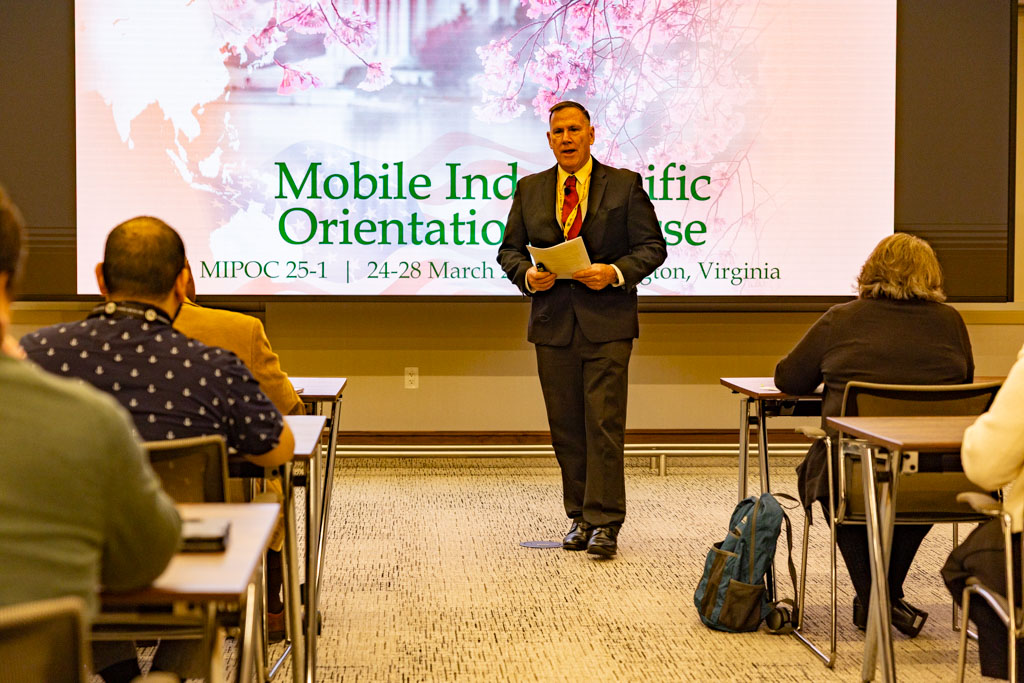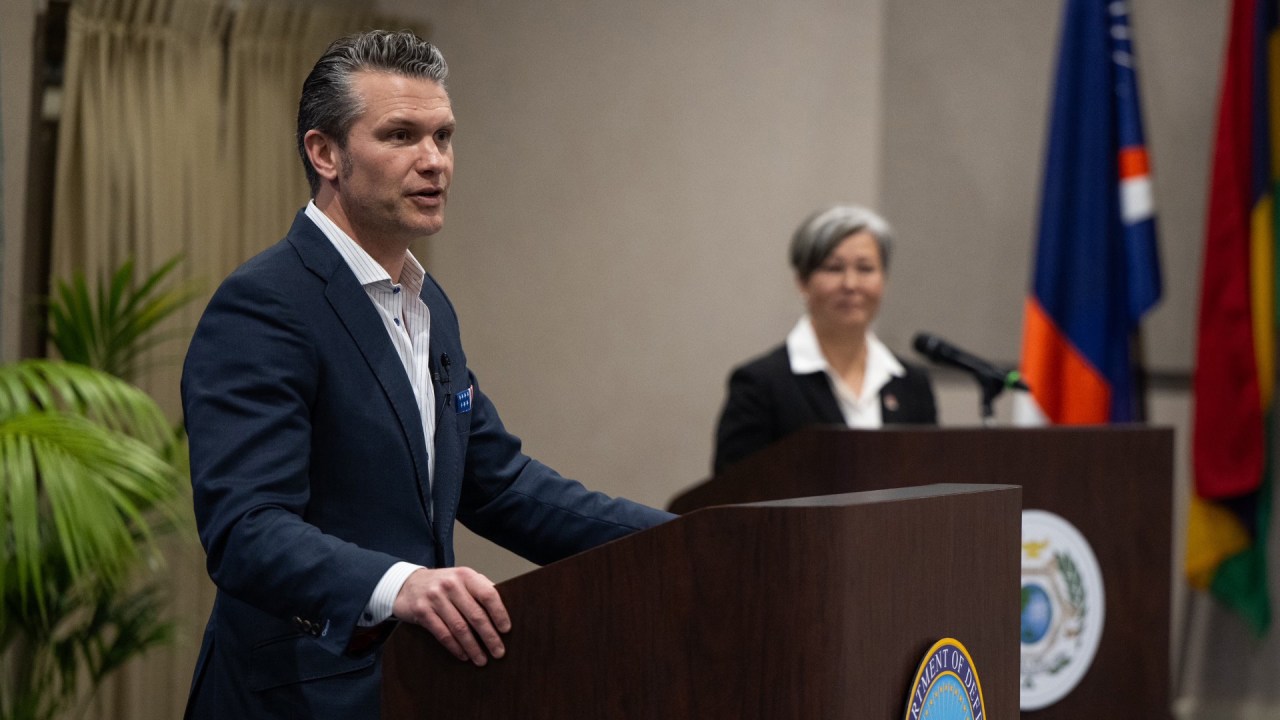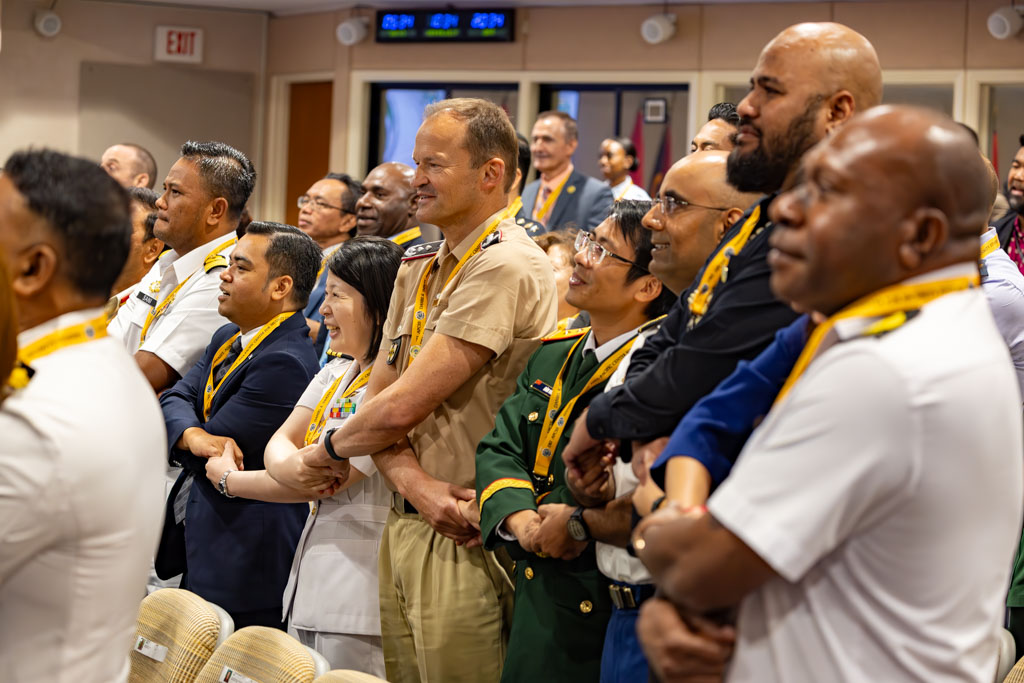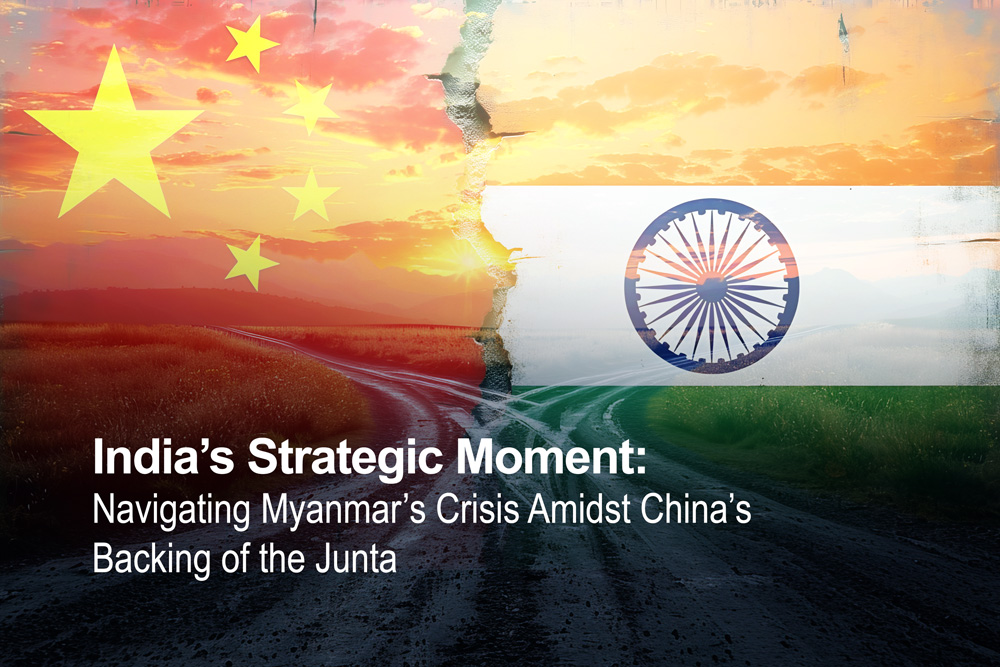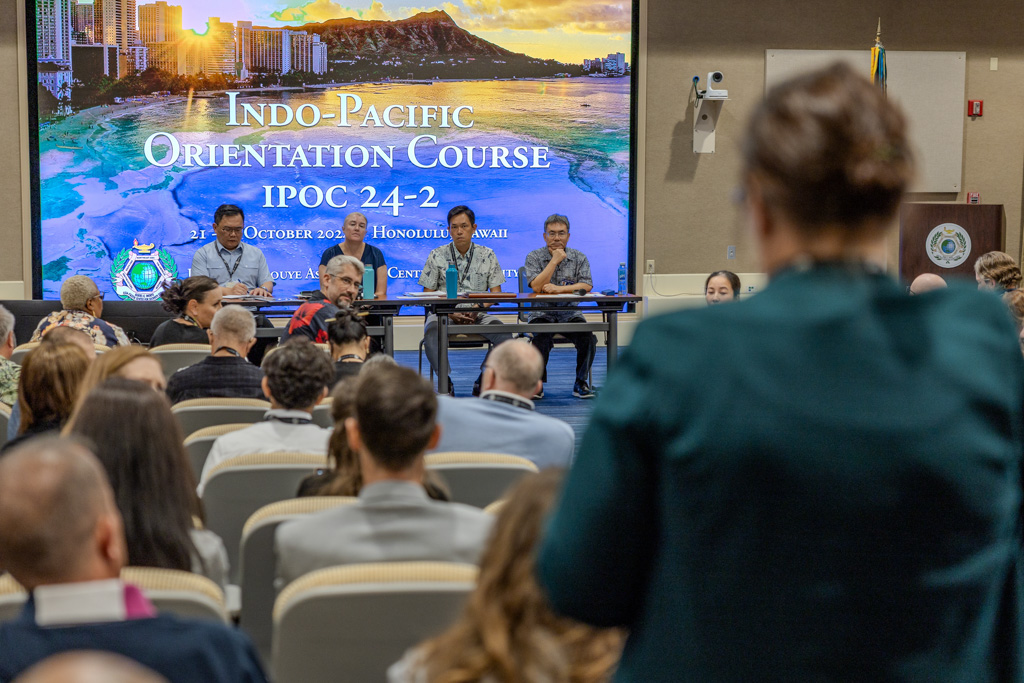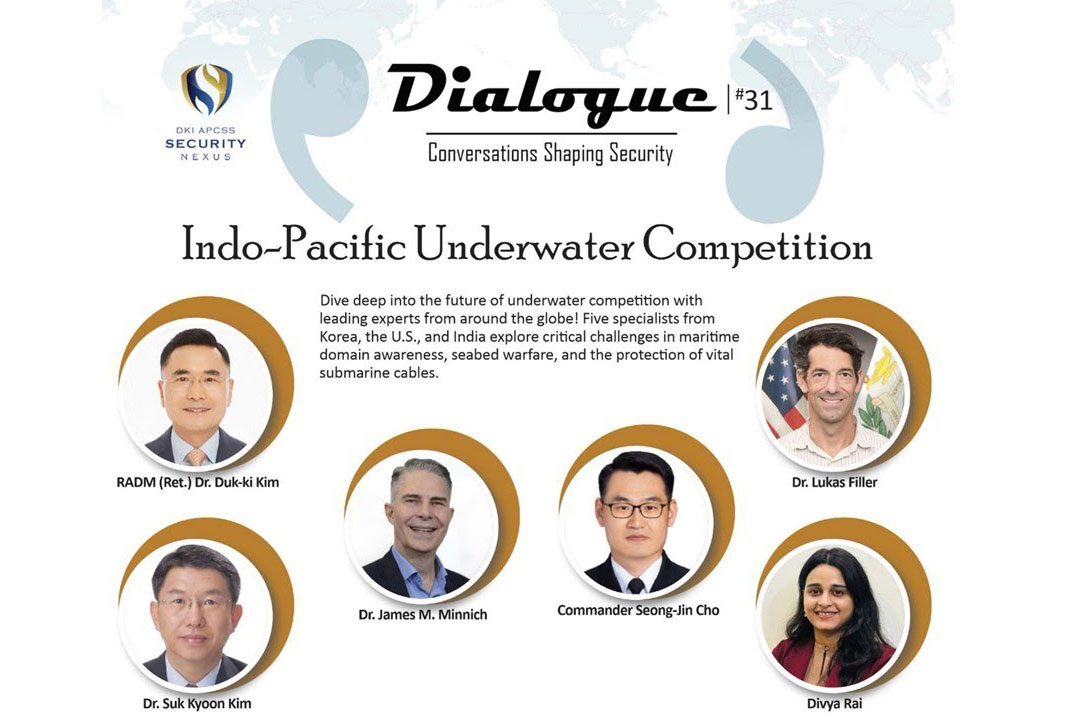Dialogue | Episode 43: South Asia’s Strategic Forge
South Asia is undergoing a strategic and industrial realignment that is reshaping its defense posture, regional partnerships, and security dynamics. In this episode of Dialogue, Professor Shyam Tekwani, a leading expert on South Asian security, shares insights from decades of experience in the region, offering a sober yet forward-looking analysis of the forces remaking South Asia’s strategic landscape.


